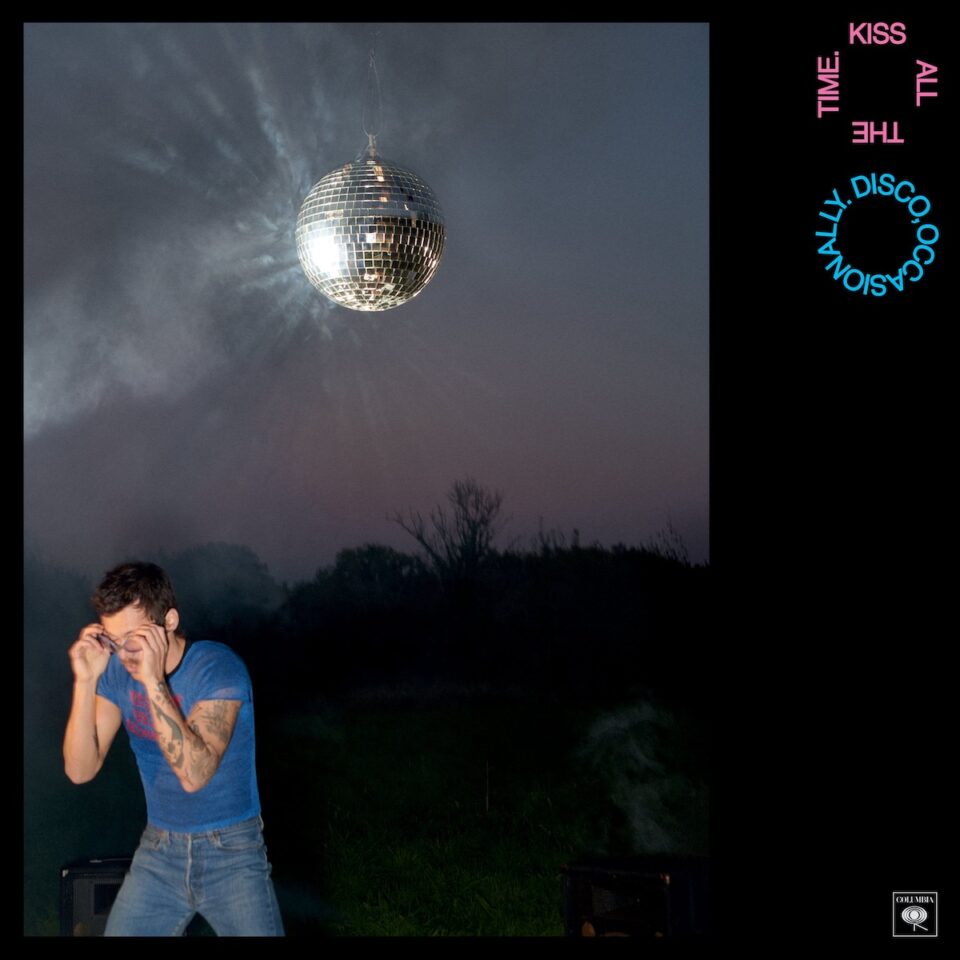Metaphor lies at the heart of Shad’s latest album, A Short Story About a War. On the one hand, the album is exactly what its title promises: a fictional narrative about a war-torn world in which enraged Revolutionaries battle the shadowy powers behind the Establishment, Snipers pick off street-fighting Stone Throwers from the safety of their perches, and a lone figure called The Fool wanders weaponless through it all because he doesn’t believe in the power of bullets. But it’s also the most deeply political album of the Toronto-based emcee’s career—an allegory for our divisive, hair-trigger times. “The story that’s at the center of it—the war—was one that just popped into my mind,” says Shad. “And right away I was seeing these parallels to our world.”
Some of the parallels are obvious, like the Revolutionaries, whose self-contradictory rallying cry—“We make war to make peace!”—echoes the often-violent tactics of Antifa, or the Establishment, who justify the high-tech weapons they manufacture with cynical corporate speak: “Our lawyers make sure [that], technically, we don’t make war.”
Other parallels, like the Snipers, are more complex. “I feel like it’s our default social and economic philosophy in a lot of ways,” Shad explains, “which is this idea of: Climb as high as you can, because that’s what’s gonna give you a relative amount of safety and power. And the problem with that is there’s disconnection. The metaphor also extends to this idea of disconnection from the ground—the people on the ground, literally the soil.” On a different level, Snipers are also in constant competition with one another, trying to rack up the most kills and leveling up to higher perches. “Our system is competitive, and increasingly feels sort of life-or-death competitive, I think, which is part of the reason why the tenor of our discourse is hyped up and angry.”
Of the Sniper, Shad says, “It’s a character I relate to a lot”—a surprising statement coming from a rapper known more for his humor and infectious smile than for diss tracks and mean-mugging. But even in Canada, which until the emergence of Drake was better known for left-of-the-dial rappers like k-os and Buck 65, the hip-hop game is a competitive one, and Shad is as ambitious as anyone. Emerging in the mid-2000s—a time when, as he puts it, “it was all about ‘hit the road and try and build a fan base’”—he quickly became one of his country’s most popular and acclaimed emcees, earning multiple Polaris Music Prize nominations (Canada’s most prestigious music award), and even beating out Drake for Rap Recording of the Year at the 2011 Juno Awards, Canada’s answer to the Grammys.
In 2016, Shad surprised everyone by releasing Adult Contempt, an album of throwback, guitar-driven pop-rock in the guise of a crooning alter ego called Your Boy Tony Braxton. He now describes that stylistic left turn as the beginning of a new phase that led, however obliquely, to A Short Story About a War. “Now I’m on another journey and Your Boy Tony Braxton is part of that; this is part of that. I have a feeling my next project will be very conceptual like those two,” he says. “I don’t know. I never thought I’d make this many albums. So it’s weird.”
Though he’s a star in Canada, Shad remains something of a cult figure among US fans in independent hip-hop. Many might know him better as host of the excellent Netflix series Hip-Hop Evolution, on which Shad explores hip-hop’s holy sites in New York and Los Angeles, and meets a who’s who of the genre’s elder statesmen, from Afrika Bambaataa to Grandmaster Flash. “It’s a big mystery,” Shad says of his American fan base. “It’s kind of nerve-wracking going down there to play because I’m not in touch. Sometimes we’ll show up somewhere and I’m like, ‘I literally don’t know if anyone here has heard my music.’”
“Our system is competitive, and increasingly feels sort of life-or-death competitive, I think, which is part of the reason why the tenor of our discourse is hyped up and angry.”
A Short Story About a War should change that. It’s the most ambitious and immersive album of his career, not just conceptually but sonically, with a diverse palette of contemporary and throwback beats courtesy of many of Canada’s top producers, including Kaytranada and A Tribe Called Red’s 2oolman, the latter providing an eerie, emotionally charged soundscape for the album’s stunning centerpiece, “Magic.” Here, Shad uses a powerful sleight-of-hand metaphor to trace the origins of the racism and economic injustice that keep the fighters in the album’s world—and in our own—so deeply divided. “They steal, then they take your memory of the theft,” Shad raps, as a chorus chants, “Poof!” with the guttural intensity of a Jim Crow–era chain gang.
“The reason I like this idea of magic is that it gets into the history, for sure,” Shad says. “But it’s about something deeper, I think. It’s about evil.”
It’s also about fear, which Shad says is the central theme of the entire album—that, and the possibility of overcoming fear, a likelihood represented by the recurring character of The Fool, the only figure on A Short Story About a War who doesn’t treat every encounter as a confrontation. “So often our posture toward a stranger is defensive. And it’s like, why?” says Shad, explaining The Fool’s mentality. “What if I didn’t come with that energy? What if I approached any interaction with an open posture, a disarmed posture? What if I thought about my political conversations that way? What would happen? Is there a real threat? Or is it just, like, a threat to my ego, which is not a real thing?”
He continues: “I guess the album kind of wrestles with that. It wrestles with that because I wrestle with that. I feel like I relate to that Sniper mentality, but then there’s a Fool character in me, too, that I’m trying to trust—though I don’t know if I can.” FL
This article appears in FLOOD 9. You can subscribe to the magazine here.







